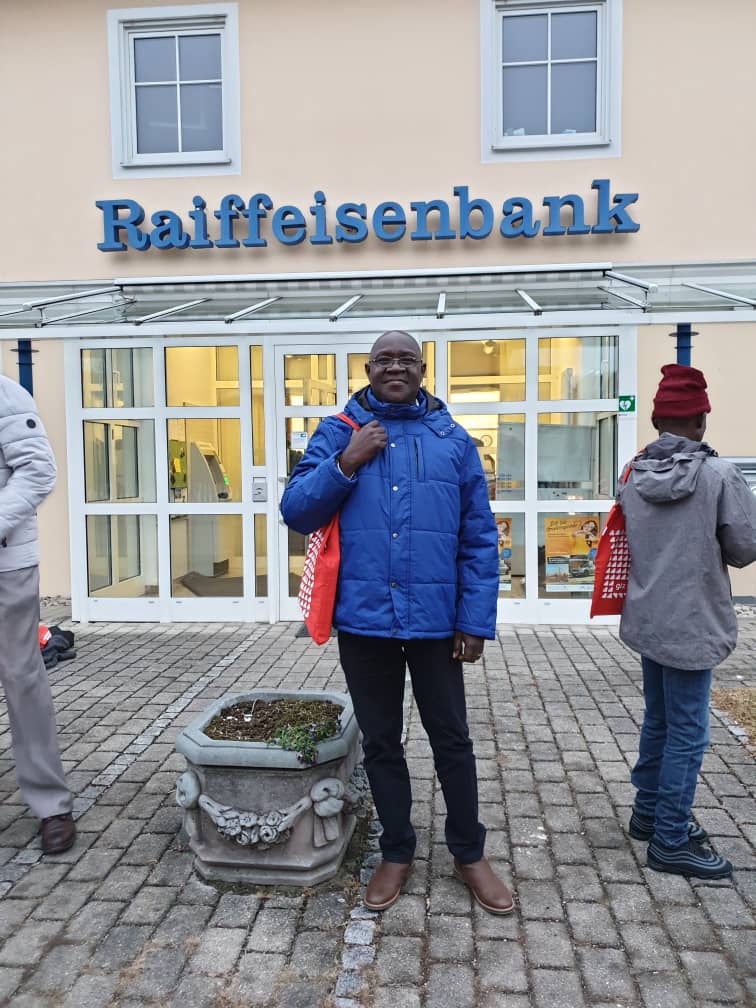In January this year, I travelled to Germany for an exposure visit on the invitation of the Confederation of German Cooperatives (DGRV).
During the trip, I learnt a lot that we can replicate as a country. The German cooperative movement is very organized, with high business turnover and an overall positive impact on members’ wellbeing. Various factors are responsible for this performance.
Firstly, Germany is a small and medium enterprise (SME) based economy. In fact, 99% of her enterprises are run by SMEs, many of which are cooperatives, contributing 55% of the annual GDP and employing 60% of the country’s labour force.
The structure of the German economy is a key lesson for a young nation like Uganda which is currently grappling with youth unemployment, and where efforts to transform the economy from a peasant to an industrial one have had dismal results so far.
The German labour force is built on a historical national culture of apprentices. Youth from 16 years and above take off two to three years from formal education usually after an equivalent of Senior 6 in Uganda, into internships, to work and grow their practical skills in particular in fields such as; mechanics, metal works, woodworks, water engineering, textile, insurance, banking, business management, etc. After apprenticeship, the youth are awarded certificates of completion.
The apprenticeship often takes two or three years and thereafter, the youth have a choice to either join formal employment or continue with academic education – pursue a university degree, etc.
In going through such an elaborate, experiential skills-based learning, young people are better skilled to either work in the very company where they took their apprenticeship or set up and run their own businesses.
Courtesy Photo
DGRV is an umbrella body for cooperatives in Germany and draws its membership from four large regional federations with a combined total of 19.5 million members.
The regional federations provide training, mentorship and coaching services to primary cooperatives. This quality and level of service delivery to primary societies is what is significantly lacking in the cooperative movement in Uganda.
These cooperatives are, therefore, member-centered organizations, independent of the rather chaotic partisan political interests, like is the case in Uganda.
The resilience of the German cooperatives is quite remarkable, and this is not by accident. It all starts from an elaborate registration process which includes generating a business idea; finding like-minded partners, developing a business plan; drawing bye-laws; holding a founding member’s meeting; paying up initial membership fees and share capital, undergoing a rigorous audit by the federation and getting a recommendation before a cooperative can be registered.
The registration of cooperatives in Germany is done at the district court, making it easily accessible and affordable to everyone in the country. No cooperative can be registered without an approved business plan and audit report from the cooperative federation. This process sets a firm foundation for an effective cooperative with a shared vision from the very beginning, a phenomenon lacking in Uganda.
Nearly all cooperatives in Uganda are registered without any clear business plans, rendering them unfocused and dependent on external support.
German cooperatives are self-regulating and self-supervising with no registrar and specific ministry as is the case in Uganda. The German government’s focus is on providing an enabling environment that is supportive of the entire economy reinforced by the fact that the notion of cooperation is engrained in the culture and lifestyle of most Germans.
The Confederation of German Cooperatives runs a specialist audit firm – the Genossenschaftsverband Bayern e.V (GBV). By law, every cooperative must register with GBV and undergo regular annual audits for big cooperatives and bi-annual audits for small ones.
The GBV audit is comprehensive; for new cooperatives it covers finance, the feasibility of selected enterprises in the business plans, the viability of the by-laws and the functionality of the structures once they start operating. The federations also provide advisory support for new cooperatives in developing their business plans, etc.
Uganda can borrow a leaf and establish a deliberate strategy for building a competent specialist cooperatives audit framework. This will require further amendment of the Cooperative Societies Act. All cooperatives I visited were enterprise-specific; for example, Brewery Coop Oberhaching, Raiffeisenbank, Energy Coop Herrsching, Pentenrieder farm and Kartoffelkombinat farm.
There are cooperative academies spread across the country which provides professional training for future employees and managers. Uganda can work towards improving the quality, standardization and reach of cooperative education.
Revamping the two cooperative colleges – Kigumba and Tororo, reviewing the cooperative curriculum, and ensuring that cooperative education starts from primary school level would be very useful in creating a breed of well-trained cooperative professional and members.
The author is a chief executive officer, The Uhuru Institute for Social Development
